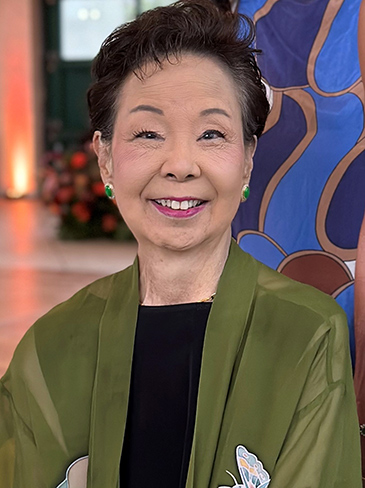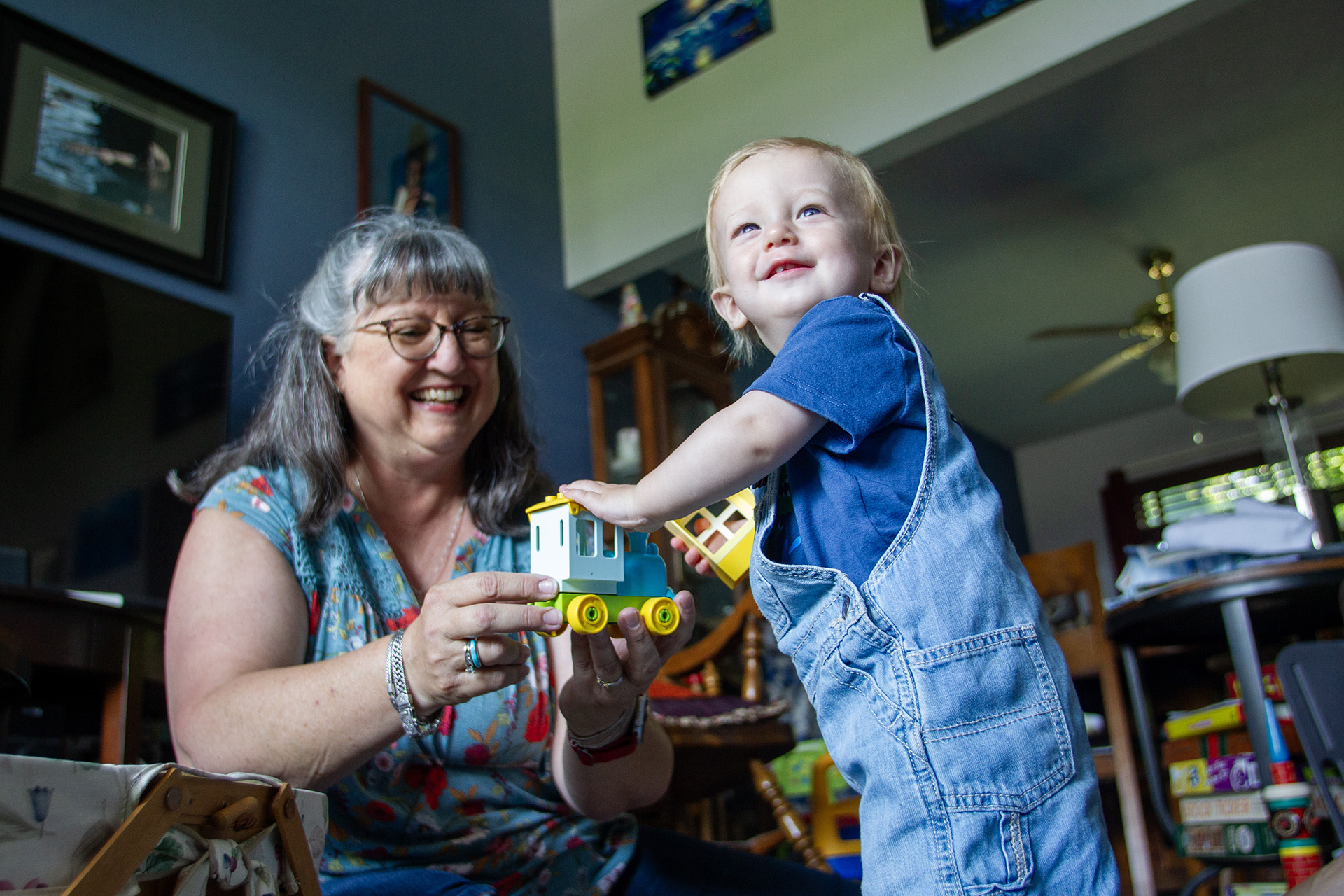Lung cancer is a devastating disease that takes the lives of hundreds of thousands of individuals each year. While smoking is the primary cause of lung cancer, anyone can develop the disease, including non-smokers. Certain populations such as Asian Americans face a significantly high risk of developing lung cancer.
The Association of Community Cancer Centers reports that Southeast Asians are 18% more likely to develop lung cancer than white Americans. Among Asian subgroups, Vietnamese individuals have the highest rate of lung cancer, while Chinese individuals have the highest rates of lung cancer death.
Asian women appear to be at particularly high risk for lung cancer compared to women from other ethnicities. Research published in the Journal of the National Cancer Institute shows that non-smoking Asian American women have generally much higher rates of lung cancer compared to non-smoking, non-Hispanic white women.
Barbara: A cancer survivor

Kaiser Permanente member Barbara Kitagawa, 70, of El Cerrito is one of the non-smokers who received a stage two lung cancer diagnosis. It was right before Thanksgiving 2012.
“It began with a dull, persistent pain in the lower right side below my lung,” said Kitagawa, who is of Japanese descent. “My primary care physician referred me to pulmonologist Peter Le.”
Dr. Le said that there was a shadow on Kitagawa’s CAT scan of her right lung, prompting a bronchoscopy in which a thin tube was used to look at the airways. Despite the case being inconclusive, Dr. Le said, “Something wasn’t right, so I pushed for a biopsy, which then showed lung cancer. Immediate surgery was then performed by our top-notch thoracic surgery department.”
Kitagawa was surprised — and yet not. She had had 2 female non-smoking family members of Chinese descent diagnosed with lung cancer. Both first presented with asthma. One died within a week of diagnosis.
In Kitagawa’s case, surgery followed by chemotherapy ending in April 2013 headed off the cancer. (Her original pain was from one end of the lung hitting a nerve.) A decade later, she credits Dr. Le for his tenacity in the face of every test coming back negative.
Being on the offensive
“This case illustrates the importance of being on the offensive end of looking after one’s health,” Dr. Le said. “If you have a family history or you are in a demographic skewed to a specific form of cancer, speak with your physician. And if you are using tobacco products, Kaiser Permanente has a robust tobacco cessation program.”
Lung cancer starts when abnormal cells grow out of control in the lungs and form tumors. Lung cancer can develop anywhere in the lungs, affect any part of the respiratory system, and can even spread to other organs. It can also start and progress without causing any noticeable symptoms, especially in the early stages. However, when caught early, lung cancer can be treatable — and even cured.
Common symptoms of lung cancer may include coughing, wheezing, fatigue, chest pain, coughing up blood, and unintentional weight loss. Early stage lung cancer may present with no symptoms at all.
Kitagawa said she feels it’s urgent to get this message out to Asian American women. “In our culture, women are sometimes not as vocal in expressing their needs, including medical. Additionally, if English is a second language, it’s important that a woman’s information not be lost in translation to care providers.”
Learn about lung cancer screening and how it can save lives. If you’re a smoker, Kaiser Permanente offers quit-smoking tools to help you personalize a plan to kick your smoking habit.





Comments (1)
Thank you very much for the article. My mother also has no symptoms and no cough or chest pain. Never-smoker. It started with bone pain. She’s 63. Southeast Asian. We just found out two days ago. Late stage lung cancer spread to both lungs.
Comments are closed.